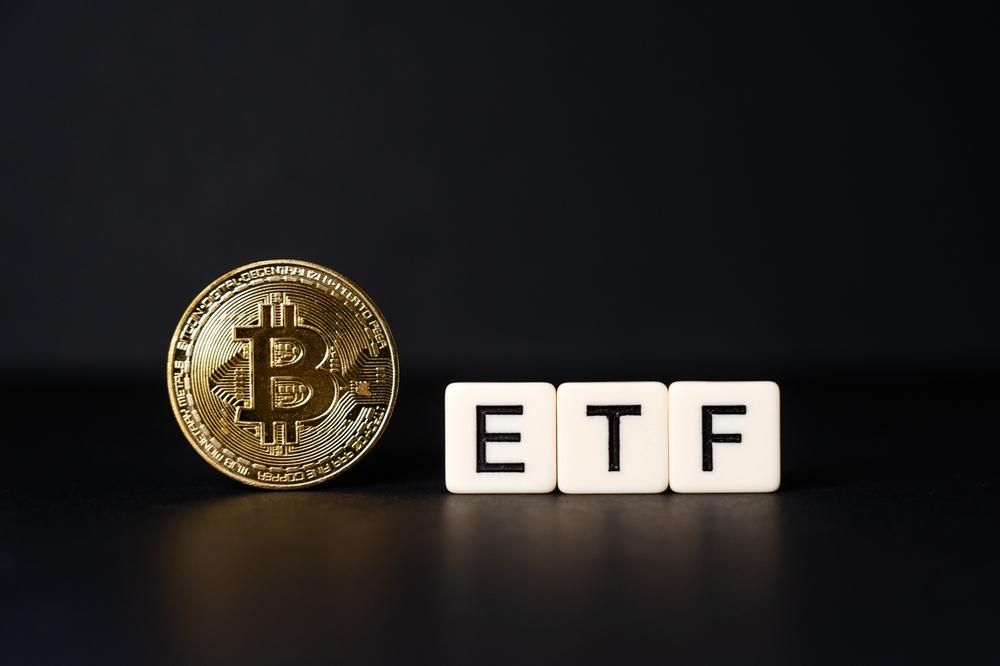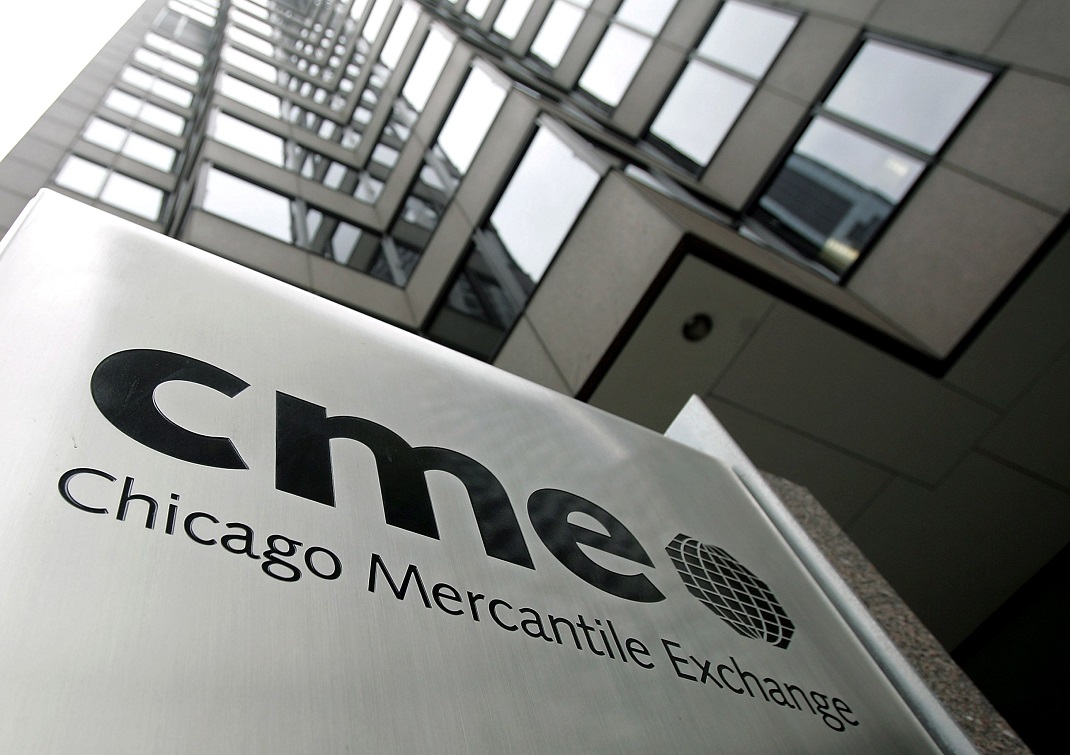Robinhood Markets Inc., the well-known retail broker, has severed its business relationship with Chicago's Jump Trading, a crucial market-making firm that had long been a cornerstone for Robinhood's commission-free cryptocurrency platform. According to an insider with knowledge of the matter, the split occurred in early July.
Though Robinhood has been largely mum on the development, Jump Trading appears to be strategically distancing itself from the American market. Such a move comes as no surprise, given the increased regulatory oversight on cryptocurrency trading within the United States.
The breaking point in the partnership has remained a closely guarded secret, although on-chain data points to a separation in July. Neither Robinhood nor Jump Trading was available to offer comments at the time of this report.
Public financial documents of Robinhood also suggest a shift. Robinhood's financial disclosures have conspicuously left out any mention of Tai Mo Shan Ltd., a Jump affiliate responsible for handling Robinhood's order flows, since the last quarter of 2022.
Instead, Robinhood is shifting gears to collaborate with other market-making firms. Records from the U.S. Securities and Exchange Commission indicate that B2C2, another market-making outfit, now processes the majority of Robinhood's cryptocurrency transactions.
For many years, Jump Trading has been a major player in traditional finance, particularly through its substantial influence on the Chicago Mercantile Exchange and other markets owned by the CME Group. The firm was instrumental in supporting Robinhood's entry into the crypto market and provided market-making services during the crypto surge 2021.
The current climate of heightened regulation in the U.S., particularly in 2023, could be making it increasingly complicated for traditional financial firms like Jump to maintain a prominent crypto profile.
It remains to be seen what the separation will mean for both Robinhood and Jump Trading as they navigate the evolving landscape of cryptocurrency and financial regulations.


























Comment 0